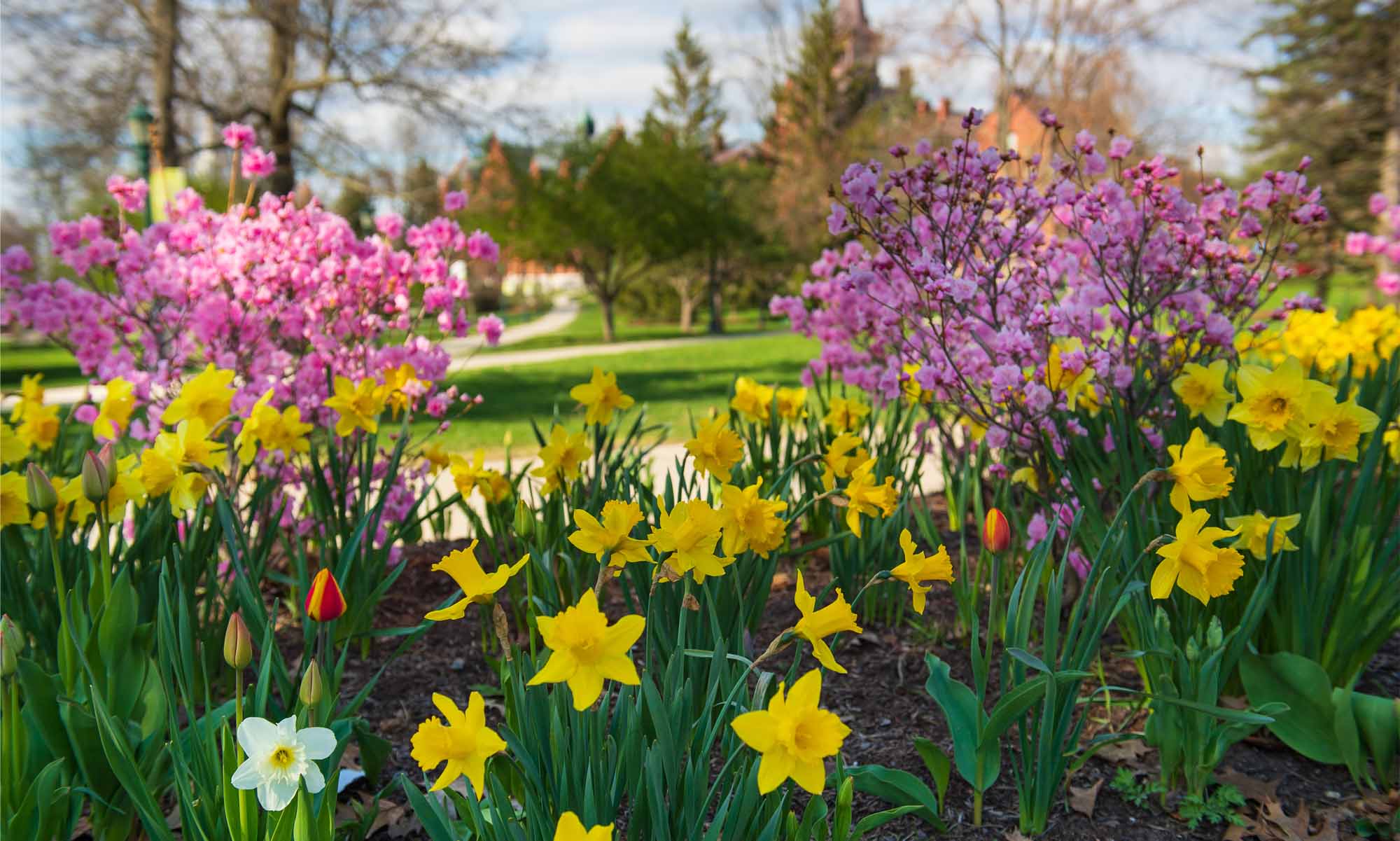
Not only is Tax Day right around the corner, mid-April also means the annual return of leek moths in our region. Leek moth is a pest of members of the allium family including onions, garlic, leeks, chives and shallots. The larvae feed on crop foliage, stunting plant growth and compromising the storage life of the crop.

Leek moths overwinter as adults and their first flight of the season typically begins in mid- to late April. Shortly after they emerge, the females will begin mating and laying eggs on overwintering garlic and other alliums as they are planted in the spring. In general, this first flight doesn’t result in significant damage, though overwintered and newly transplanted alliums, as well as garlic scapes, can be disproportionally affected because of the timing of the resulting first larval generation.
For the most up-to-date leek moth management information, check out our new Leek Moth Information Center website. There you will find more information on tactics like covering plants with row cover to exclude the nocturnal female moths from laying eggs, and releasing parasitoid wasps that target leek moth eggs before they even hatch. Where these options are not feasible or cost effective, chemical controls can be applied. Spinosad (Entrust, organic) and spinetoram (Radiant SC, conventional) have been shown to be effective chemical controls, if timed appropriately.
For more information about our work, check out Vermont Entomology and Participatory Action Research Team (VEPART) at go.uvm.edu/pests, and be on the lookout for our scouting and monitoring reports again this season. Please reach out anytime if you have questions, or just want to talk agroecological pest management research and education: contact Vic Izzo (vizzo@uvm.edu) and/or Scott Lewins (slewins@uvm.edu).

